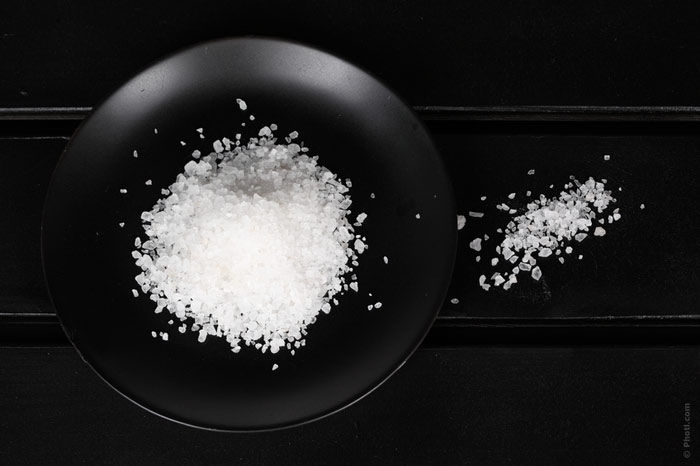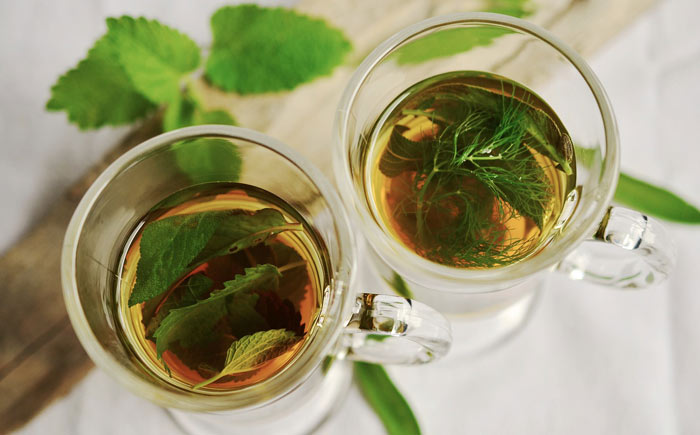Premenstrual syndrome, in addition to such unpleasant symptoms as oily skin, fatigue, and bad mood, is also fraught with an increased feeling of hunger. How can you deal with premenstrual binge eating?
Why do we crave unhealthy foods?
Prior to the menstrual cycle, significant hormonal changes occur in the female body, leaving an imprint on both the habitual lifestyle (metabolism slows down, so neither training nor diets will bring visible results these days) and appearance (on premenstrual days, the body is prone to fluid retention, which is manifested by swelling, morning bags under the eyes and slight weight gain).
The main question remains topical: why do you want to eat so much during this period, especially sweet and fatty foods? The thing is that during this period the nervous system is overstrained, and in order to calm it down, it is especially important to receive a sufficient amount of the hormone serotonin.
This is due to the work of the neurotransmitter system: the nerve cells of the taste apparatus perceive sweetness or fat and give a signal to produce opioids, including endorphins. These chemical compounds are produced in the brain and bring pleasure and calm.
In addition, they can even temporarily reduce pain and stress. It is not for nothing that food is the most accessible source of pleasant emotions for many women. Therefore, overeating during PMS is not uncommon for many ladies.
How to avoid premenstrual weight gain?
Luckily, there are some good tips to help you avoid gaining weight during PMS.
Increase the calorie corridor
During this period, even if you are losing weight, you can afford some indulgences – plus 150-200 kcal to the usual daily calorie content. If you practice regular fasting days, do not plan them for the PMS period – your body does not need extra stress.
Cut down on salt

This will help to avoid swelling. Moreover, you should eliminate smoked meats from the diet. Increase the number of vegetables on the menu – they are rich in potassium, which is involved in water metabolism and removes excess fluid.
According to the recommendations of the American Dietetic Association, you need to eat from 450 to 700 g of non-starchy vegetables (broccoli, bell peppers, and asparagus) and fruits per day!
Eat the “right” sugar
Many women cannot resist sweets at this time. In order for progesterone to perform its functions, blood glucose levels must be stable. Sweets are a simple, but not the best way to raise your blood glucose levels.
It is more effective to do this with foods containing complex carbohydrates (whole grain bread, cereals, and fruits). Moreover, thanks to such a diet, 50% of women find it possible to reduce the bright manifestations of PMS significantly, and in 10% of cases, they can completely get rid of discomfort.
To make it easier to endure food restrictions purely psychologically, you can afford some healthy sweets (natural marmalade and marshmallow, dark chocolate, dried fruits without added sugar, and dates).
Get more cheese, fish, and nuts
In order to cope with nervous tension during this period, your body should produce a sufficient amount of the hormone serotonin. Your task is to provide yourself with building material for its synthesis with the help of nutrition.
The menu should include foods containing tryptophan, an essential amino acid precursor of serotonin (it is found in chocolate, cocoa, protein foods – turkey, rabbit, cod, tuna, seafood, nuts, and hard cheeses).
By the way, tryptophan is better absorbed with complex carbohydrates. An ideal addition to foods containing this amino acid would be a wholegrain side dish or bread.
Women need about 300-350 mg of tryptophan per day. Such an amount is contained, for example, in 50 g of almonds or hard cheese, in 100 g of turkey, rabbit or squid.
Take vitamins. Various vitamins and microelements help the absorption of tryptophan. Primarily, these are vitamins C and group B, magnesium. To get a daily dose of all the necessary micronutrients, you need vegetables and fruits (the same 400-700 g per day).
Drink herbal teas

In order to reduce irritability and depression, supplement your diet with herbal teas from chamomile, yarrow, marigold or lemon balm. It is better to refuse strong black tea, coffee, and alcohol – they can aggravate mood swings.
During this period, your doctor may recommend supplements with magnesium, which have a calming effect and can help you avoid emotional overeating.
Find alternative sources of comfort
It can be anything but food: meditation, any body treatments, audiovisuals, music, or reading.











